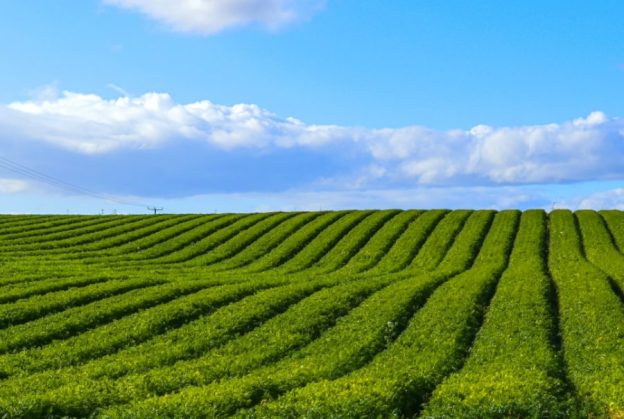We have been specialising in supplying agricultural products for many years now. Our inventory includes the likes of fertiliser and other important goods. With these items at your disposal, you will be able to maximise productivity. We can even offer useful tips about using products, storage, and more.
One need of the farming community is to guarantee the secure and safe storage of fertilisers. This is the case for both solid and liquid variants. Not everyone is aware of the best practices to use. Thankfully, we are here to go over everything you have to know. With the right information in hand, you can keep your materials safe. You can also avoid issues like waste and misuse.
General storage advice
Firstly, we will discuss some general things. It is possible for fertilisers to become a massive source of contamination if they are not stored properly. This is true for both surface water and the ground. Whenever possible, you should store fertiliser at least ten metres away from a field drain or warehouse drainage. It needs to be well away from wells and boreholes too so you can avoid leaks.
When you can, you should place your fertilisers in locked buildings as well. If you are unable to do this, sheet them to offer protection from the weather and theft.
Then there are substances that could react with ammonium nitrate-based fertilisers. They should not be anywhere near where you store them. Take extra care with combustibles like hay, pesticides, oil, and chemicals.
Store your fertiliser away from heating systems and other heat sources. Exposed light bulbs are a good example of these. Also, prevent any burning, welding, and smoking around them.
Follow sound house-keeping practices too. Clean up spills. Keep equipment, floors, and walls clean. Prevent leakage from handling equipment such as hydraulic fluid, oil, and fuel. Don’t damage the bags during handling either.
Inside storage
Preferably, your storage option should be single-storey and made of non-readily combustible substances. Your store needs to be well ventilated. The floor should be even, level, and dry. Don’t have any potholes.
Before you receive a delivery, clean your store as well. Inspect it regularly and keep it tidy. Perform a stock check to ensure everything is in order too. Restrict the size of stacks of bags in accordance with the relevant regulations.
Store your fertilisers at least one metre away from beams and eaves. Additionally, in the case of bagged fertiliser, keep it away from walls and separate stacks. Avoid storing individual bagged merchandise in one stack.
Outside storage
Store your supplies on a raised, level, dry, smooth, and well-drained surface. Position a layer of empty pallets on top of your stack before sheeting. This will stop material degradation thanks to heat effects to preserve quality. Make sure you also pay attention to the supplier/manufacturer guidelines here.
It is necessary to sheet the stacks too, with you securing them to the bottom pallet to stop damages. Friction and rubbing could cause damage here, meaning you lose product.
Dos and don’ts
Finally, we’ll go over a few general things you should and shouldn’t do with fertiliser. Firstly, do follow the national regulations, and record usage and deliveries of your materials. Follow guidance from security/safety authorities as well. Regularly check things too to ensure nothing has been tampered with.
Don’t store it in places where there is public access. Also, never store your materials close to or visible from public highways. Avoid leaving fertilisers in the field overnight too. Make certain you don’t re-sell any materials unless you know the purchaser to be a legitimate farmer. They need to know how to properly handle them too.
Order your fertiliser today
At JS Hubbuck Ltd, we make sure that customers can buy the supplies they need for their agricultural projects. When they need fertilisers, we are there to provide top quality, well-priced options. We deliver quickly to suit your schedule, helping you to succeed.
So, let us know if we can be of any help.

